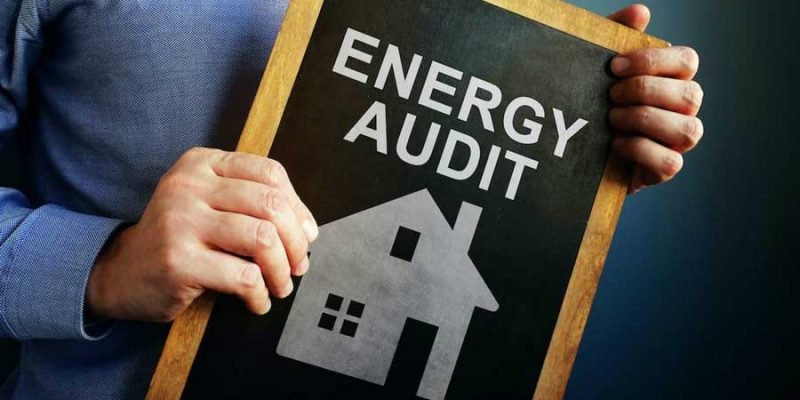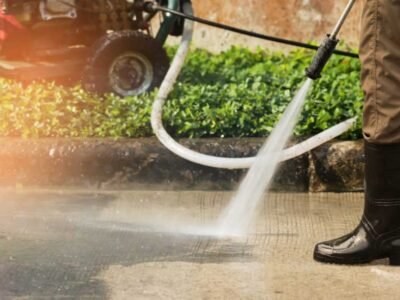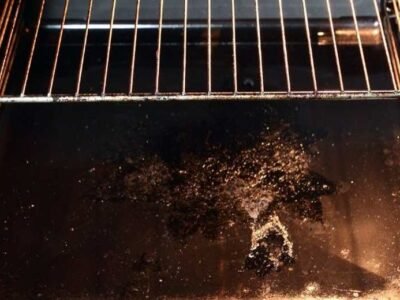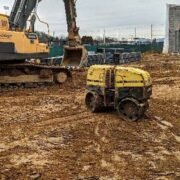You’ve heard the term “energy audit” before, but do you really know what it’s all about? An energy audit is a process used to identify the energy-wasting systems in your home so that they can be repaired or replaced.
Energy audits are especially helpful for people who want to reduce their monthly utility bills or make their homes more environmentally friendly. In this article, LL97 expert will explain how an energy audit works and why it’s important to get one whenever possible.
What is an energy audit?
An energy audit is a process that identifies areas where your building needs to be improved. A building’s “envelope” includes the walls, floors and ceilings that enclose it. When air leaks through these surfaces, heat is lost from the house and must be replaced by adding more fuel.
This can be expensive for homeowners because they have to pay for more fuel when their houses get colder in winter or hotter in summer. An energy audit assesses how well your home’s envelope is performing:
- Inspections of the building envelope, mechanical systems, and electrical systems – How does it hold up against outside temperature extremes? Are there cracks in foundation walls? How leaky are windows or doors? Is insulation sufficient?
- Use of a blower door – To identify air leakage through gaps around windows/doors; around electrical outlets; between ceiling joists/rafters; between wall studs/rafters; at plumbing pipes intersections with floor framing members
Benefits of an energy audit
The many benefits of conducting an energy audit include:
- Reducing energy costs.
- Reducing greenhouse gas emissions.
- Increasing comfort, which can lead to healthier and happier occupants.
- Increasing your home’s value, thanks to all the added benefits listed above (as well as the fact that most buyers like a home that has already undergone some upgrades).
An energy audit will help you learn how much money can be saved by making small changes in your home’s heating and cooling systems, lighting fixtures, appliances and more—but it also provides valuable insight into what steps you need to take in order to reduce your carbon footprint as much as possible for both personal comfort and environmental impact
Steps in a home energy audit
- Find an energy auditor. Not all auditors are created equal, so it’s important to do some research and find one that’s right for you.
- Prepare your home for the audit. This may include making sure all lights are off, unplugging unnecessary appliances, and turning down heaters or air conditioners before the auditor arrives.
- Prepare your family for the audit. You may want to explain what will be happening so they don’t think they’re in danger of being attacked by strangers with clipboards!
- Prepare your finances for an audit (or at least figure out how much money you’ll need). You’ll probably want to budget some cash on top of any rebates offered by local utilities—the cost of upgrading is likely higher than what they pay out in rebates
How do I find someone to perform an energy audit?
- Ask friends and family for recommendations.
- Check with your utility company for recommendations.
- Check with your local government for recommendations.
- Check with your local Chamber of Commerce for recommendations.
- Check with the Better Business Bureau for recommendations
Do I need to fix everything on the list?
The answer depends on what you plan to do with the results of your energy audit. If you are planning a home renovation, it’s best to have a contractor perform an energy audit as part of the overall design process. However, if you’re just interested in making changes that will lower your personal utility bills and help the environment, then you can probably fix some things yourself.
The most important thing is to understand which fixes are cost-effective for your situation. For example, replacing old windows with more efficient models may be worth the investment because they’ll last longer than other options (such as solar window film). But installing insulation in an uninsulated attic might not be worth it if there’s no way to seal off gaps at floor level because there isn’t any insulation at all!
There are also several practical considerations when deciding how much effort should go into making repairs: Some fixes may not be safe for individuals who aren’t experienced working on electrical or plumbing systems; some fixes might require permits from local authorities or landlords before they can be implemented; some solutions simply aren’t possible where they live now but might work somewhere else down the road (like switching heating sources); etcetera.
An energy audit can save you money and help the planet.
An energy audit is a useful tool that can help to asses the energy efficiency of your home or business. An auditor will look at the size, type and age of equipment you use, as well as how you use it. They will also consider what types of insulation are in place and whether there are any holes or cracks that could be sealed up. You’ll be given suggestions for how to improve efficiency in all aspects of your home or business, from heating/cooling systems to lighting fixtures, appliances and hot water usage.
You may be surprised by the cost savings that come with an energy audit—a typical audit can cut back on electricity bills by more than $600 each year! In addition to monetary savings, an energy audit will also protect against future expenses resulting from higher utility rates like those associated with climate change mitigation efforts imposed by government agencies such as California’s Public Utilities Commission (CPUC). The best part? These services are free through programs like Energy Upgrade California (EUC), which was established in 2018 following passage of Assembly Bill 893 (AB 893).
Conclusion
Now that you know all about energy audits, it’s time to go out there and get one done! If you want to learn more about how they work or where you can find someone who can help, then please contact us. We love talking about these things and would be happy to answer any questions that come up for you. Remember though: the most important thing is doing something because the world needs it now more than ever before!
















Comments